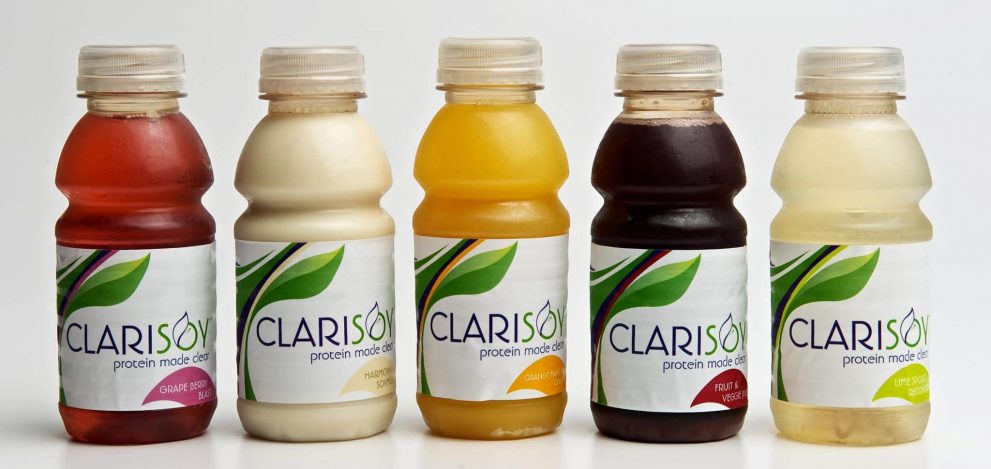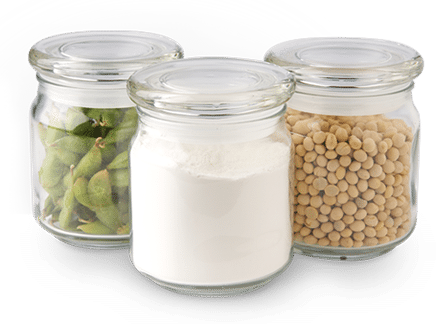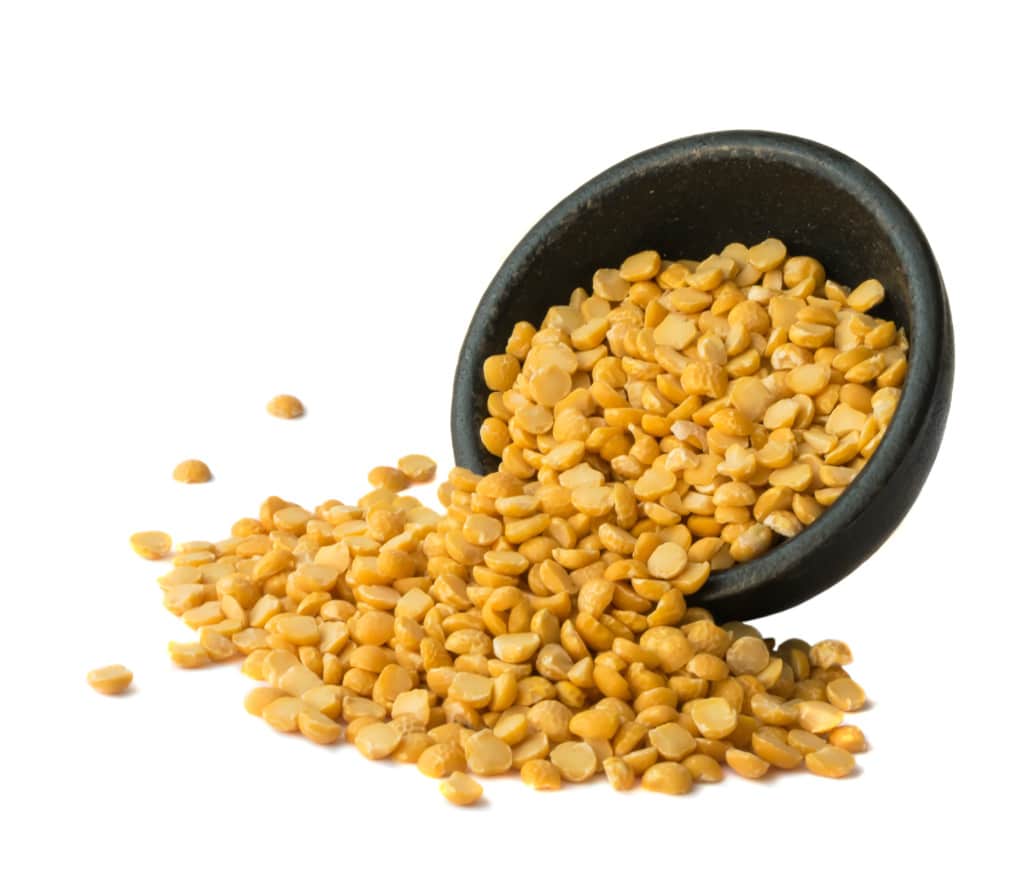
Corey Hammill of Paradigm Capital is still positive on plant-based protein extraction company Burcon Nutrascience (Burcon Nutrascience Stock Quote, Chart, News, Analysts, Financials TSX:BU), but the analyst has dropped his target price nonetheless, going from $6.00/share to $3.00/share while maintaining a “Buy” rating in an update to clients on Friday.
Incorporated in 1998 and headquartered in Vancouver, Burcon Nutrascience develops plant proteins and ingredients for use in food and beverages in Canada, including pea proteins Peazac and Peazazz, canola proteins Nutratein, Puratein and Supertein, soy offering CLARISOY, and blended products like MeritPro, Nutratein-PS, and Nutratein-TZ. The company has a joint venture in Merit Foods for the production of plant proteins, with a facility in Manitoba.
Hammill’s update comes with a revised valuation methodology for Burcon, now based on a sum of the parts, with Hammill saying that the company’s market cap not truly reflecting the opportunity in front of Burcon.
“Longer term, based solely on the current joint venture with Merit Functional Foods, we see potential to $6.50,” Hammill said. “In our opinion, the current stock price implies the market is not paying for the long-term potential of Burcon’s joint venture with Merit.”
In Hammill’s view, the market is not properly factoring in achievements made by the partnership between Burcon and Merit Functional Foods over the last year; in particular, he notes that the math leads to an implied value of $125 million for Merit, well below the $180 million suggested when it was initially acquired by Bunge in August 2020, with milestones like final commissioning not being accounted for.
However, Merit is now in production, having generated sales of $1.6 million in the most recent quarter with top-line royalties, with the company’s raw materials capacity expected to grow to a sustained volume of 125,000 tonnes by 2027.
The company is also in the midst of a leadership change, as CEO Johann Tergesen announced he is stepping down from his role, though he will remain in the post until a successor is found.
“There is no right time to leave a business that one has put his heart and soul into for over two decades, but Burcon’s prospects are now at the point of commercial realisation and I leave the business in the capable hands of our talented and driven team and board of directors,” Tergesen said in the company’s January 10 press release. “It has been a highly rewarding experience for me to both lead and work alongside of Burcon’s team during the past twenty-three years. I am confident of and look forward to seeing Burcon’s technologies thrive in the global marketplace.”
With the drop in the target price, Hammill has also revised a few of his financial projections, as he now forecasts the company’s 2022 EBITDA loss to be $3.6 million compared to his initial $1.7 million loss estimate, though the revision still beats the consensus expectation of a $5.6 million loss. For 2023, Hammill expects the company to be near positive EBITDA, as the $400,000 loss projection comes in ahead of the consensus estimate of a $4.2 million loss.
Hammill’s other change came in the company’s EPS projection for 2022, as he now projects a loss of $0.06/share where it was previously zero, though it still beats the consensus estimate of a $0.09/share loss. Hammill expects Burcon’s EPS to turn positive in 2023 at $0.03/share, compared to the consensus projection of a $0.05/share loss.
Meanwhile, Hammill also forecasts the company’s revenue to continue growing, as he projects $9.9 million in sales in 2022 to begin a growth ramp that reaches a projected $386.4 million in 2029, with the most notable years in the arc being 2023 ($58.8 million, 497 per cent year-over-year increase) and 2025 ($217.1 million, 104 per cent year-over-year increase).
Hammill’s valuation figures show Burcon still having some work to do, as the EV/Sales multiple is projected to drop as low as 35.2x in 202_, well off the peer group averages for agricultural ingredients and processing (1.6x) and sector averages (1.1x), while the EV/EBITDA multiple projects to fall to -42.5x in 202_, also missing in relation to peer group averages for agricultural ingredients and processing (9.8x) and sector averages (28.7x).
Despite the target drop, Hammill notes that both Burcon and Merit are working hard in the background, with news expected to pick up in the second half of the year.
“Milestones we expect to see are commercial agreements for the Merit joint venture and possible new joint-venture agreements for Burcon,” Hammill said. “We have extended our production and profitability timeline on Merit to reflect commissioning phase delays and have updated BU’s ownership for the recent Bunge investment.”
Burcon’s share price has been racing to the bottom with a 69.6 per cent loss over the last 12 months, and a loss of 6.7 per cent since the calendar turned to 2022. Burcon’s 52-week high was $5.71/share on February 16, dropping off to a 52-week low of $1.33/share on December 3. At press time, Hammill’s $3.00 target represented a one-year return of 110 per cent.
Leave a Reply
You must be logged in to post a comment.






 Share
Share Tweet
Tweet Share
Share




Comment